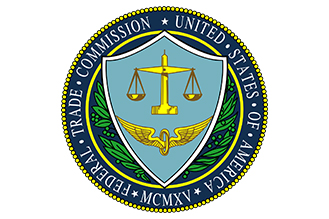FTC Diverges from the Consumer-Welfare Standard in Bid to Block Microsoft-Activision Deal
Rachel Chiu

Antitrust laws are meant to protect competition for the benefit of consumers. Yet the Federal Trade Commission—the agency responsible for enforcing those laws—is stalling Microsoft’s $69 billion takeover of Activision Blizzard based on speculative accusations of harm to competitors, not consumers. As articulated in its complaint, the FTC believes the acquisition would adversely affect “new, burgeoning markets” while allowing Microsoft to raise prices and withhold content from competitors. Sony, the maker of PlayStation, reiterated these concerns in its comments to the UK Competition and Markets Authority. According to Microsoft President Brad Smith, the company has consistently prioritized “access to key technologies for competing services,” as seen in its acquisition of LinkedIn in 2016.
The FTC’s claims are inconsistent with the actual state of the video game industry. Since Microsoft has long lagged behind Sony and Nintendo in this arena, purchasing Activision would enable it to expand into mobile gaming, while providing consumers with a means of playing popular titles without a console. This would give consumers more options, not fewer. By blocking the acquisition, the agency is shifting away from its consumer protection focus, and thus strengthening the power of market incumbents to the detriment of gamers.
Rivalry is a necessary feature of market competition, and transactions that enable companies to compete on par with dominant players and expand into new products have net benefits for consumers. Antitrust enforcers should stick to the consumer-welfare standard, rather than seeking to micromanage the economy.

Topic
Antitrust & Consumer Protection
Sponsor
Federalist Society’s Corporations, Securities, & Antitrust Practice Group
The Federalist Society and Regulatory Transparency Project take no position on particular legal or public policy matters. All expressions of opinion are those of the author(s). To join the debate, please email us at [email protected].




